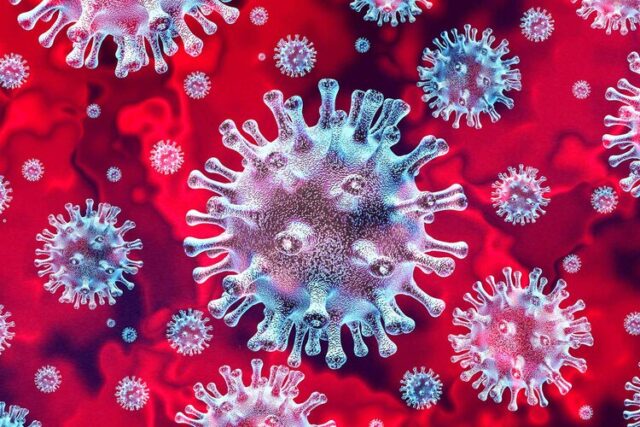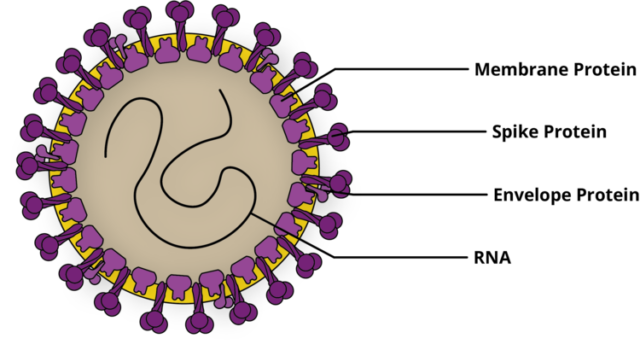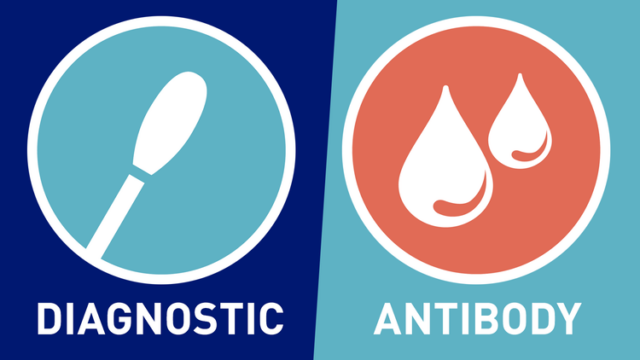A serological antibody test for SARS-Cov-2 can be a vital tool to determine if you have immunity to the virus
GRI’s blood-based antibody testing can provide peace of mind around the question of immunity to Covid-19. Although vaccinations are on the rise throughout the United States, the pandemic is far from over and it is not yet fully known how long each of the various types of vaccines will continue to provide protection. Additionally, some people who contracted the virus — including those who may have had asymptomatic infections — may want to know if they now have some immunity to reinfection. GRI’s Coronavirus antibody test can provide the answers.
Accurate and Reliable Coronavirus Antibody Results
 GRI’s Covid-19 antibody test checks for the presence of the IgG and IgM antibodies for SARS-CoV-2, the virus that causes Covid-19. We use equipment featuring market-leading sensitivity and specificity. Sensitivity and specificity matter because tests without extremely high accuracy could lead to large numbers of incorrect results, potentially resulting in dangerous consequences.
GRI’s Covid-19 antibody test checks for the presence of the IgG and IgM antibodies for SARS-CoV-2, the virus that causes Covid-19. We use equipment featuring market-leading sensitivity and specificity. Sensitivity and specificity matter because tests without extremely high accuracy could lead to large numbers of incorrect results, potentially resulting in dangerous consequences.
There are a lot of rapid antibody tests in the market right now. How are these tests different from lab-based antibody tests?
 To identify an immune response against Covid-19, it is important to target the right antibodies.
To identify an immune response against Covid-19, it is important to target the right antibodies.
-
GRI’s IgG and IgM assays are designed to target antibodies against the coronavirus spike protein that may be more likely to confer immunity
-
GRI’s IgG and IgM assays detect antibodies to the RBD (Receptor Binding Domain) of the spike protein, which may be important for immunity, based on laboratory studies
-
In addition, studies show that antibodies against the RBD are neutralizing, which may indicate that these proteins are an effective measure of immunity when compared to antibodies against other SARS-CoV-2 viral proteins
What’s the difference between a diagnostic test and an antibody serology test for Covid-19?
 GRI’s PCR-based diagnostic test and serology-based antibody tests are complementary as the former is used in infectious patients—mostly those with symptoms (diagnostic)—and the latter is used to determine immune response (antibody, or serology). GRI also offers a wide range of other blood chemistry tests.
GRI’s PCR-based diagnostic test and serology-based antibody tests are complementary as the former is used in infectious patients—mostly those with symptoms (diagnostic)—and the latter is used to determine immune response (antibody, or serology). GRI also offers a wide range of other blood chemistry tests.